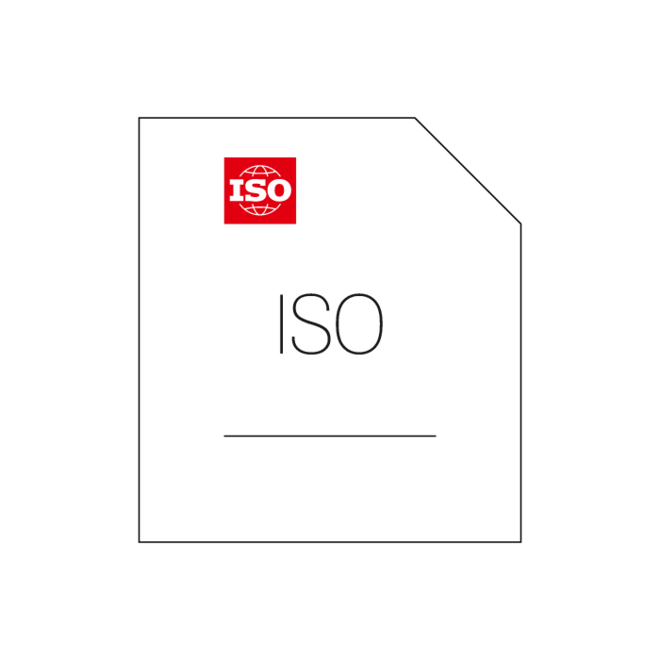

ISO 13847:2013
Ausgabedatum: 2013 12 12
Petroleum and natural gas industries — Pipeline transportation systems — Welding of pipelines
ISO 13847:2013 specifies requirements, for the petroleum, petrochemical and natural gas industries, for producing and inspecting girth, branch and fillet welds in the pipeline part of pipeline transportation systems which meet the requirements of ISO 13623:2009 or equivalent.
ISO 13847:2013 is applicable to the requirements for welding of carbon and low-alloy steel pipes, and includes guidance for the welding of corrosion-resistant alloy (CRA) and CRA-clad pipelines in Annex A. Application is restricted to pipes with a diameter of 20 mm or more and a wall thickness of 3 mm or more, a specified minimum yield strength of 555 MPa or less, and which are designed not to exceed permissible equivalent stresses as defined in ISO 13623:2009 or equivalent. It is also applicable to welding into pipelines of items such as spools, risers, launchers/receivers, fittings, flanges and pup pieces to pipeline valves.
Guidance for special welding applications is provided in:
- Annex B for hyperbaric welding;
- Annex C for brazing and aluminothermic welding of anode leads;
- Annex D for branch and fillet welding on in-service pipelines.
The welding processes covered are shielded metal arc welding (SMAW), gas tungsten arc welding (GTAW), gas metal arc welding (GMAW), gas-shielded flux-cored arc welding (GSFCAW), self-shielded flux-cored arc welding (SSFCAW) and submerged arc welding (SAW).
ISO 13847:2013 is not applicable to flash girth welding, resistance welding, solid-phase welding or other one-shot welding processes, nor to longitudinal welds in pipe or fittings or to the welding of process piping outside the scope of ISO 13623:2009.


